Dr Arindam Chatterjee, Postdoctoral Fellow, Biological Sciences, SIAS has co-authored a paper titled Northeast india: genetic inconsistency across ethnicity and geography, published in Molecular Genetics and Genomics (SpringerNature).
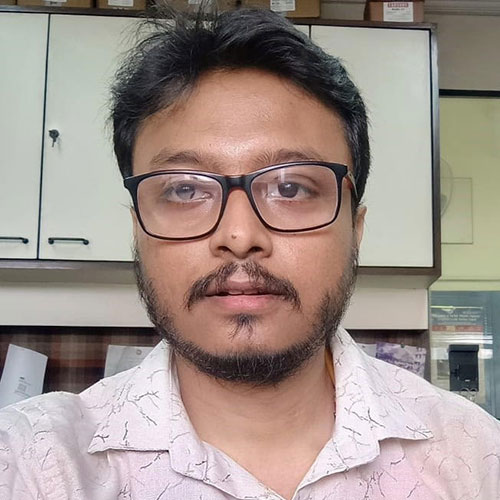
Dr Arindam Chatterjee, Postdoctoral Fellow, Biological Sciences, SIAS has co-authored a paper titled Northeast india: genetic inconsistency across ethnicity and geography, published in Molecular Genetics and Genomics (SpringerNature).

Dr Venugopal Maddipati, Associate Professor, History, SIAS delivered the keynote address for a conference titled ‘Bridging Horizons: The Confluence of Technology and Humanities: A Tribute to Prof Mahajan & Prof Dhanagare’ in the Department of Humanities and Social Sciences in IIT Kanpur. In his talk he spoke about the value of witnessing and evidentiary claims and the writing of geological histories in the Deccan in the 19th century.
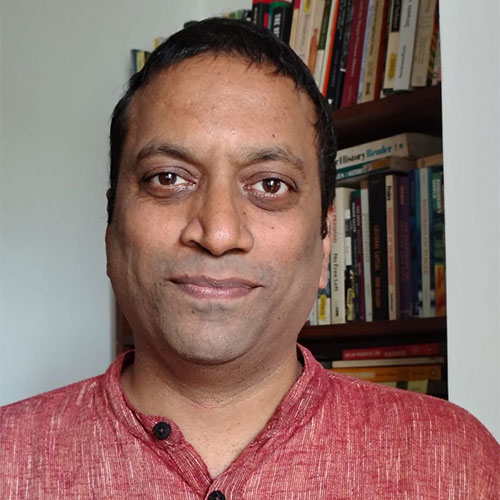
Dr Shyam Kumar Sudhakar, Associate Professor, Biological Sciences, SIAS, delivered an online talk titled ‘Graph-Based and Machine Learning Approaches to Understanding Mild Traumatic Brain Injuries’ at IIIT Hyderabad as part of their Cognitive Science Seminar series on 4 February 2026. The talk included the work of few students from the School of Interwoven Arts and Sciences.
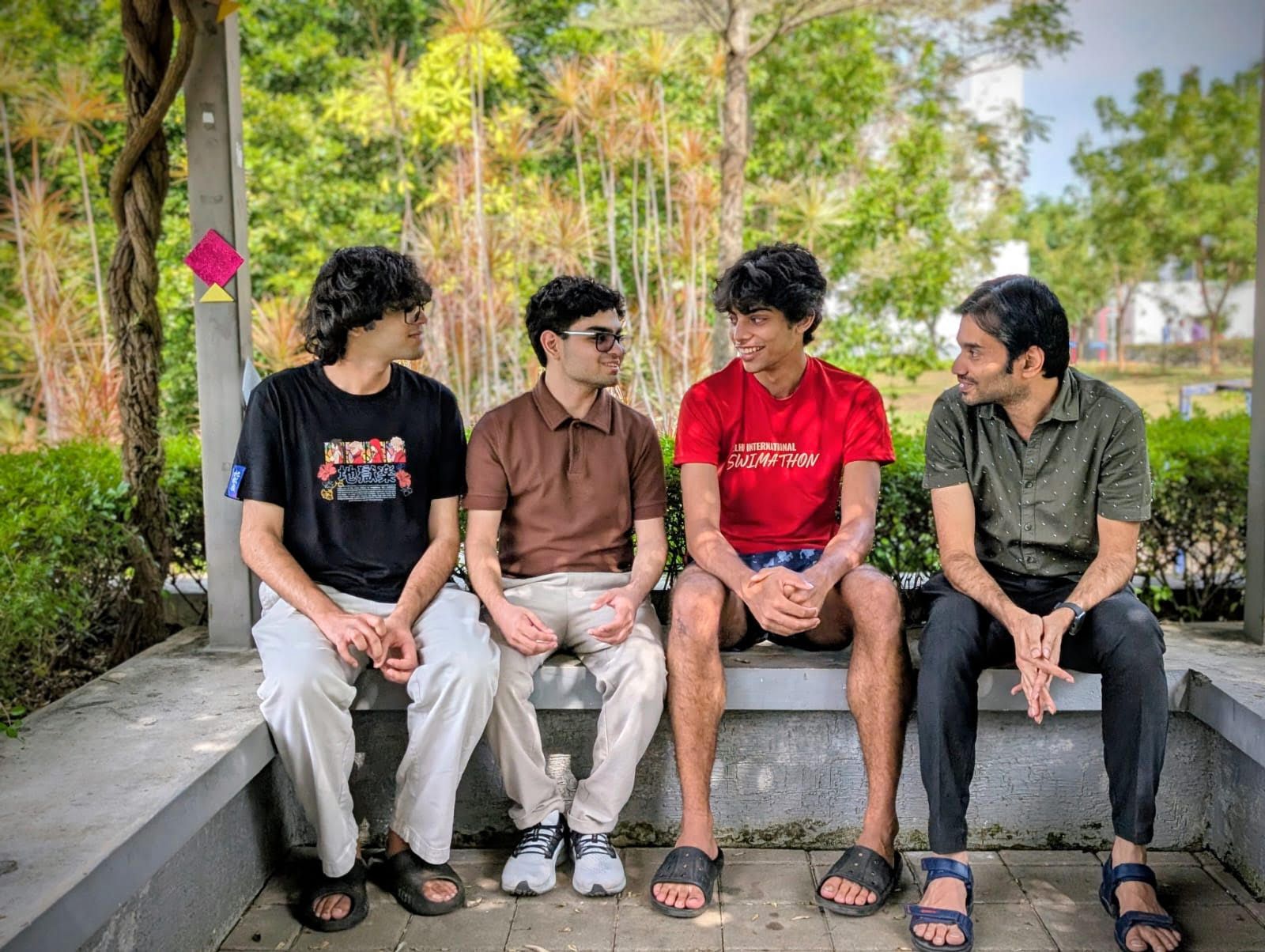
Dr Praveen Bhagawan M, Associate Professor, Finance, Accounting and Quantitative Finance, IFMR GSB, has been acknowledged as one of the top 27 contributing reviewers for the Journal of Business Ethics in 2025, included in the prestigious Financial Times (FT) 50 journal list.
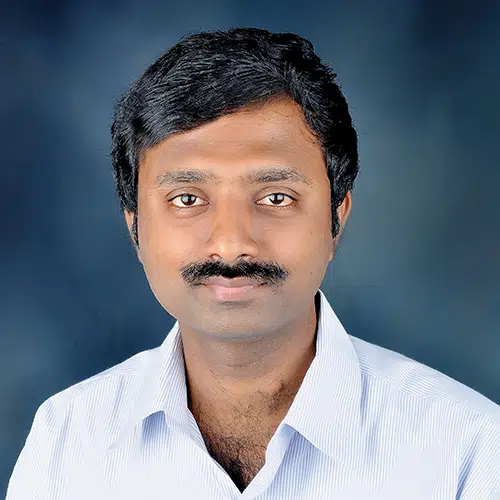
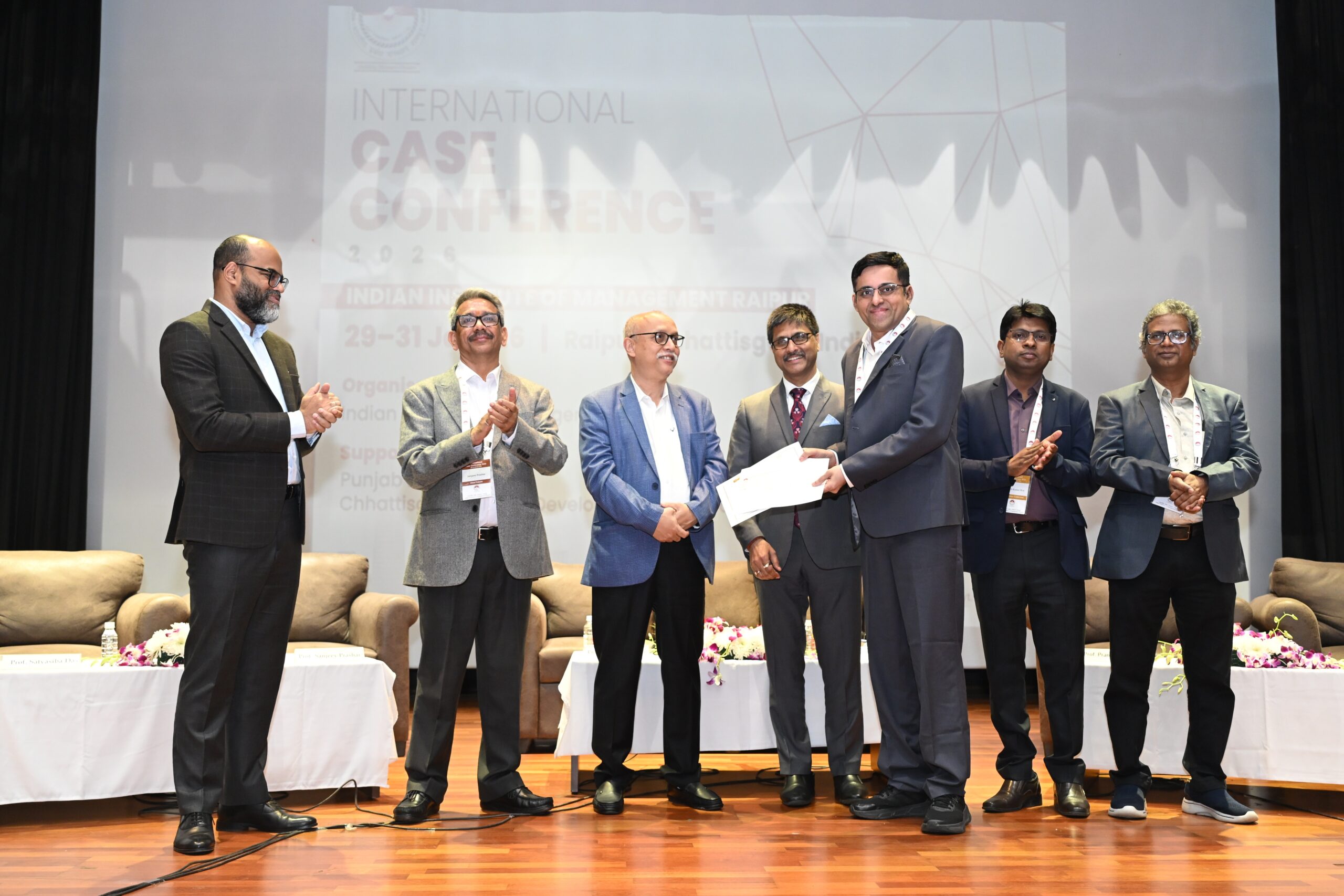
A case study titled ‘Sri Bhuvaneswari Mills: A Matriarch’s Dilemma,’ co-authored by Professor Chandrasekaran N, Professor, Operations and Strategy, IFMR GSB; Sathyanarayanan R, Sundram Fasteners Associate Professor, Marketing, IFMR GSB, and Dr Indira Ananth, Independent scholar (Virtual), has won the Best Teaching Case Study Award at the IIM Raipur International Case Conference 2026, held on 30–31 January 2026.
Dr Shanti Pappu, Adjunct Professor, Archaeology and History, SIAS, contributed to multiple initiatives, including the release of the book, The Story of a Handaxe (2026), published by the Sharma Centre for Heritage Education; the publication of A Catalogue of Palaeolithic Bifaces (Parikulam, Tamil Nadu), a comprehensive record of prehistoric stone tools generated from 3D models; and the report Celt Manufacturing Sites in Tamil Nadu: Case Studies from Vartanapalli and Kappalavadi, documenting rare evidence of prehistoric polished stone celts—both published by the Department of Archaeology, Government of Tamil Nadu.
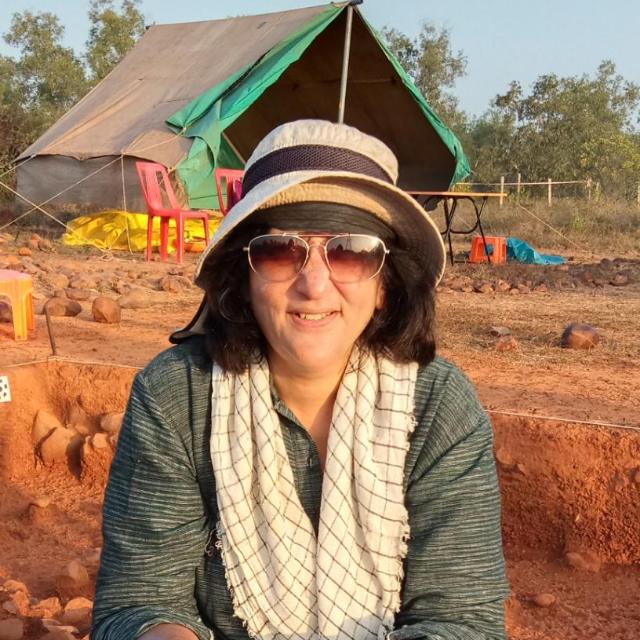
Aravind R, an SIAS PhD scholar in Sociology, presented a paper titled ‘Digital Queer Intimacies in the City: Pleasure, Labour and Ghettoisation’ at the international conference ‘Digitality, Marginality and Plural Subjectivities,’ hosted by the Institute for Advanced Studies in the Humanities (IASH), University of Edinburgh.
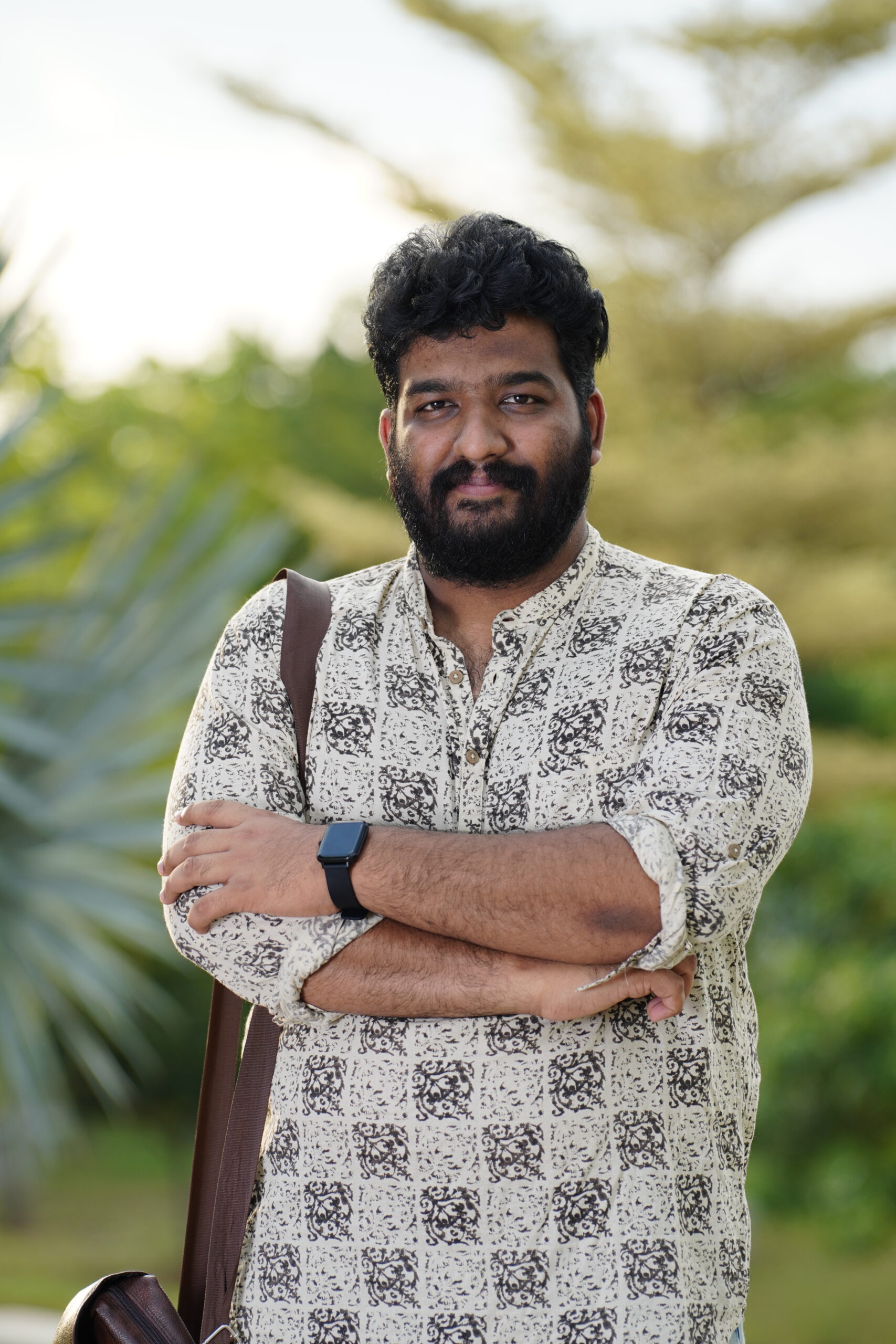
Dr Sabah Siddiqui, Assistant Professor, Psychology, SIAS was part of a book discussion held in Pune on her book, A People’s History of the Farmers’ Movement, 2020-2021. The event was organised by Shankar Brahme Samajvidnyan Granthalay and the Pune Collective. Professor Prashant Bhansode (Ghokhale Institute of Politics and Economics) was the discussant, in addition to the book editors Dr Shamsher Singh and Dr Siddiqui.

Dr Swarnamalya Ganesh, Associate Professor of Practice, Literature and Global Arts, SIAS directed and choreographed a showcase by Ranga Mandira Sadir Melam presented on 2 February 2026 as part of the 25th Bharat Rang Mahotsav, International Theatre Festival celebrated by The National School of Drama.

Dr Venugopal Maddipati, Associate Professor, History, SIAS taught a course for masters level design students centered around the medical humanities and architectural design in Ahmedabad at the National Institute of Design, Ahmedabad, titled Ontologies of Stillness: Gandhi, Passivity, Pensivity and Illness.
